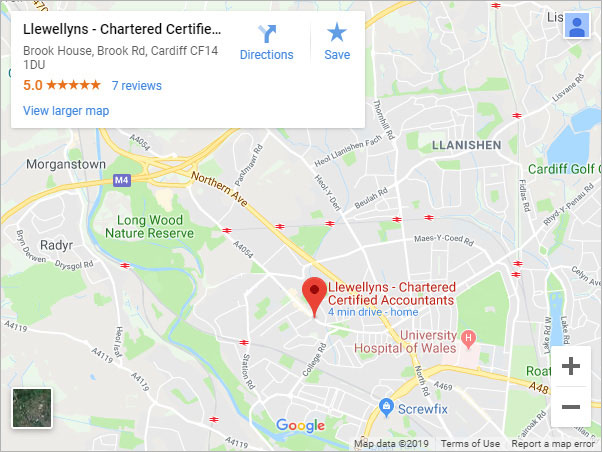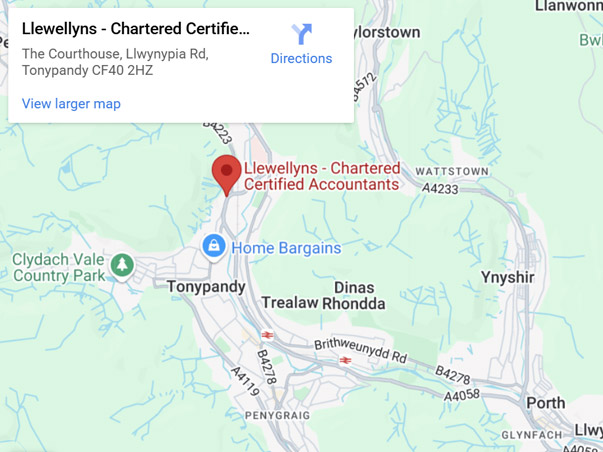Starting a New Business in Late 2025? Here’s What You Should Do First
If you’re planning to launch your business in the second half of 2025 — congratulations! Whether it’s a side hustle, a startup, or a long-dreamed-of venture, getting the foundation right from day one is critical for long-term success.
Here’s what every new UK business owner should focus on first — from an accountant, tax advisor and business consultant’s perspective.
🧾 1. Choose the Right Business Structure
Before you start trading, decide whether to operate as a:
- Sole trader
- Partnership
- Limited company
Each structure has different implications for:
- Taxation (e.g., Income Tax vs Corporation Tax)
- Liability (personal vs limited)
- Administration and reporting requirements
A brief consultation with one of our accountants can help you choose the right option based on your goals and risk appetite.
📊 2. Register with HMRC or Companies House
Depending on your business structure:
- Sole traders must register for Self-Assessment with HMRC.
- Limited companies must register with Companies House and appoint at least one director.
- Partnerships must also be registered for tax purposes.
You’ll also need to consider:
- Registering for VAT if turnover exceeds (or is expected to exceed) £90,000
- PAYE registration if you plan to employ staff
- Applying for any relevant licences or permits in your industry
💸 3. Open a Business Bank Account
Separating your business and personal finances is essential. It simplifies:
- Bookkeeping
- Expense tracking
- Tax return preparation
For limited companies, a separate bank account is mandatory. Even for sole traders, it makes life much easier.
🧮 4. Set Up a Robust Bookkeeping System
Good financial records from day one are non-negotiable. Choose between:
- Cloud accounting software (e.g., Xero, QuickBooks, FreeAgent)
- Spreadsheets (better for very small, simple setups)
- Outsourced bookkeeping with an accountant
Why this matters:
- Keeps you Making Tax Digital (MTD) compliant
- Helps you track profitability and cash flow
- Avoids last-minute tax surprises
📅 5. Understand Your Tax Deadlines
Tax timelines can sneak up quickly — especially if you start in July or later. Be aware of:
- Your first Self Assessment deadline (31 January)
- Payment on account obligations
- Deadlines for filing VAT or Corporation Tax returns
- Deadlines for payroll and pension auto-enrolment (if you hire staff)
📈 6. Forecast and Plan Ahead
Many new businesses run into trouble not from lack of customers — but from lack of cash flow planning. Create:
- A business plan
- A cash flow forecast
- A clear view of start-up costs vs. available funding
A qualified advisor can help test the viability of your idea, set realistic targets, and ensure you’re financially prepared.
👥 7. Build Your Support Team
Even the most independent business owner benefits from expert help. Consider engaging:
- An accountant to manage tax and compliance
- A business advisor to help you plan and grow
- A payroll service provider if you hire staff
Starting strong saves time, money, and stress later on.
🚀 Ready to Launch?
At Llewellyns Chartered Certified Accountants, we specialise in supporting new and growing businesses — especially small and micro-entities, sole traders, subcontractors and partnerships.
We offer practical, jargon-free advice to help you:
✅ Register correctly
✅ Stay compliant with tax and HMRC
✅ Understand your numbers
✅ Set up the right systems
✅ Build a business that lasts
📞 Planning to start in late 2025? Let’s talk. Book a free initial consultation today and get your new venture off to the best possible start.





